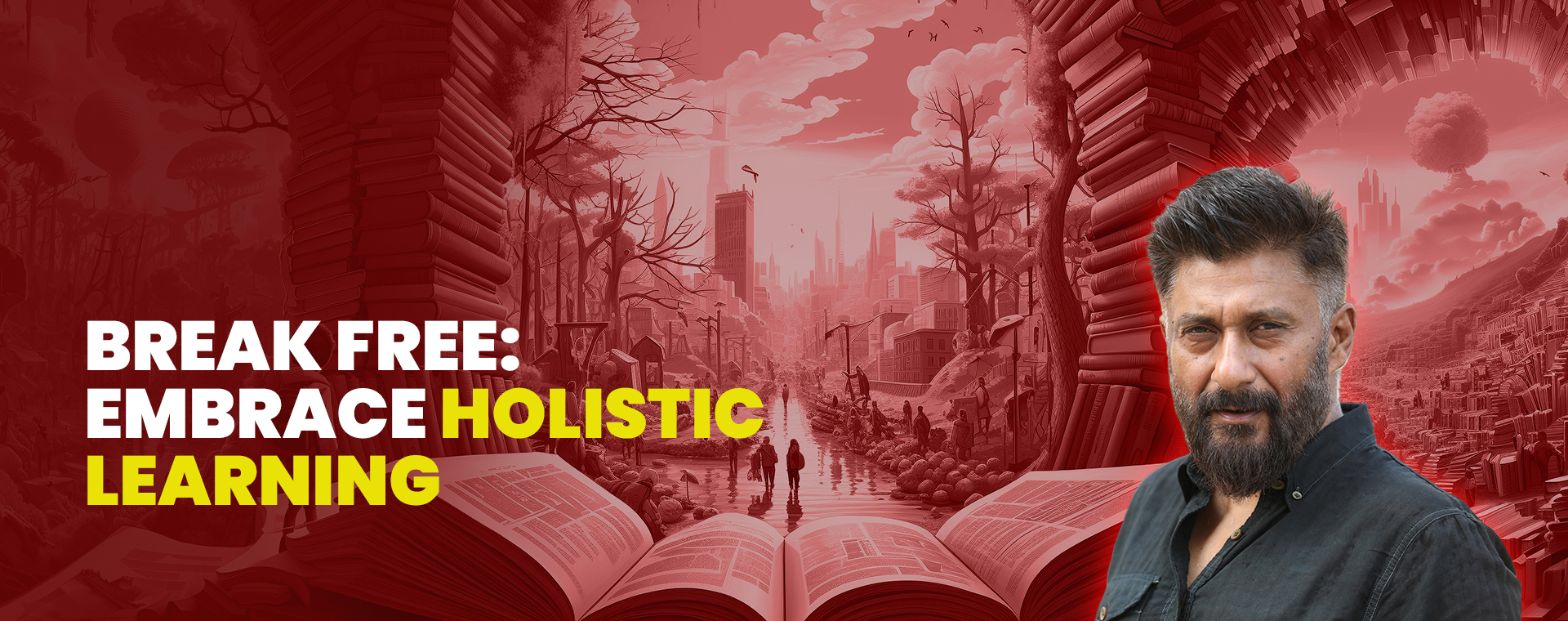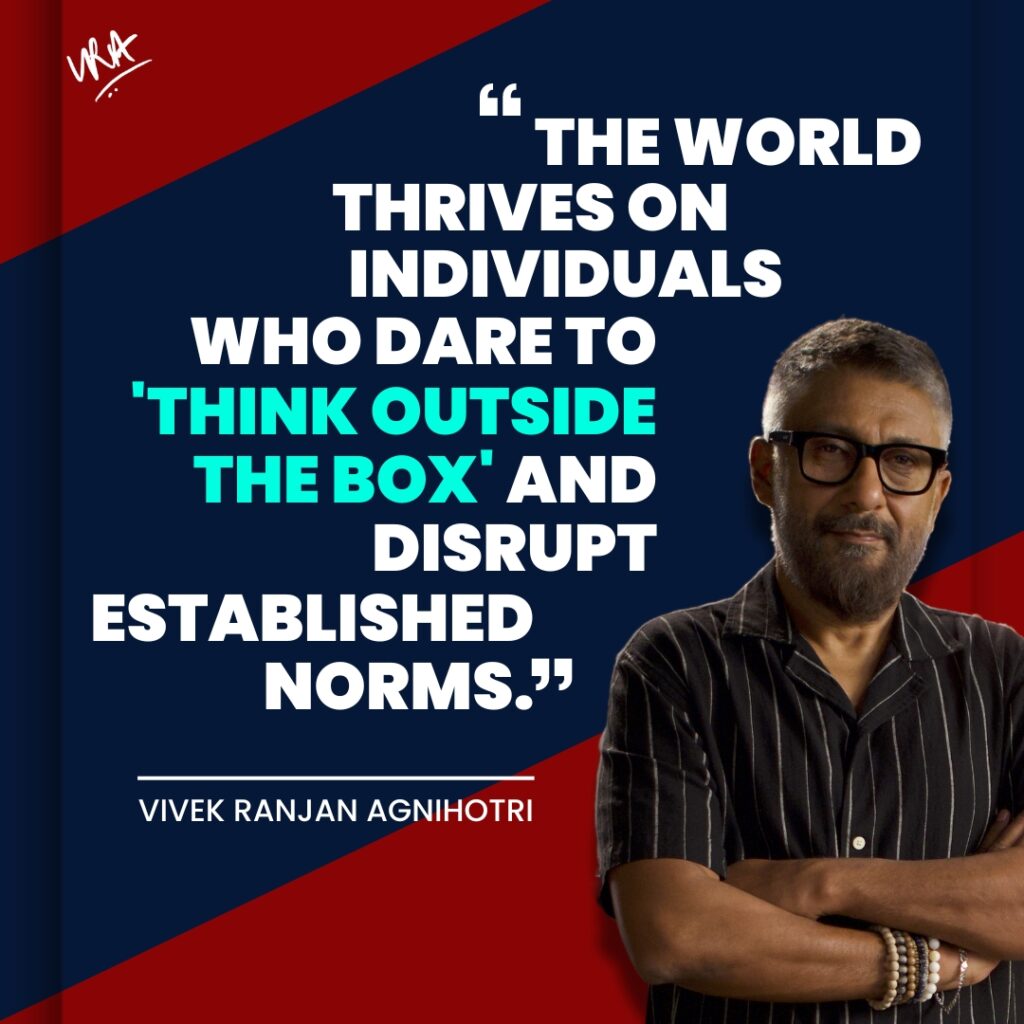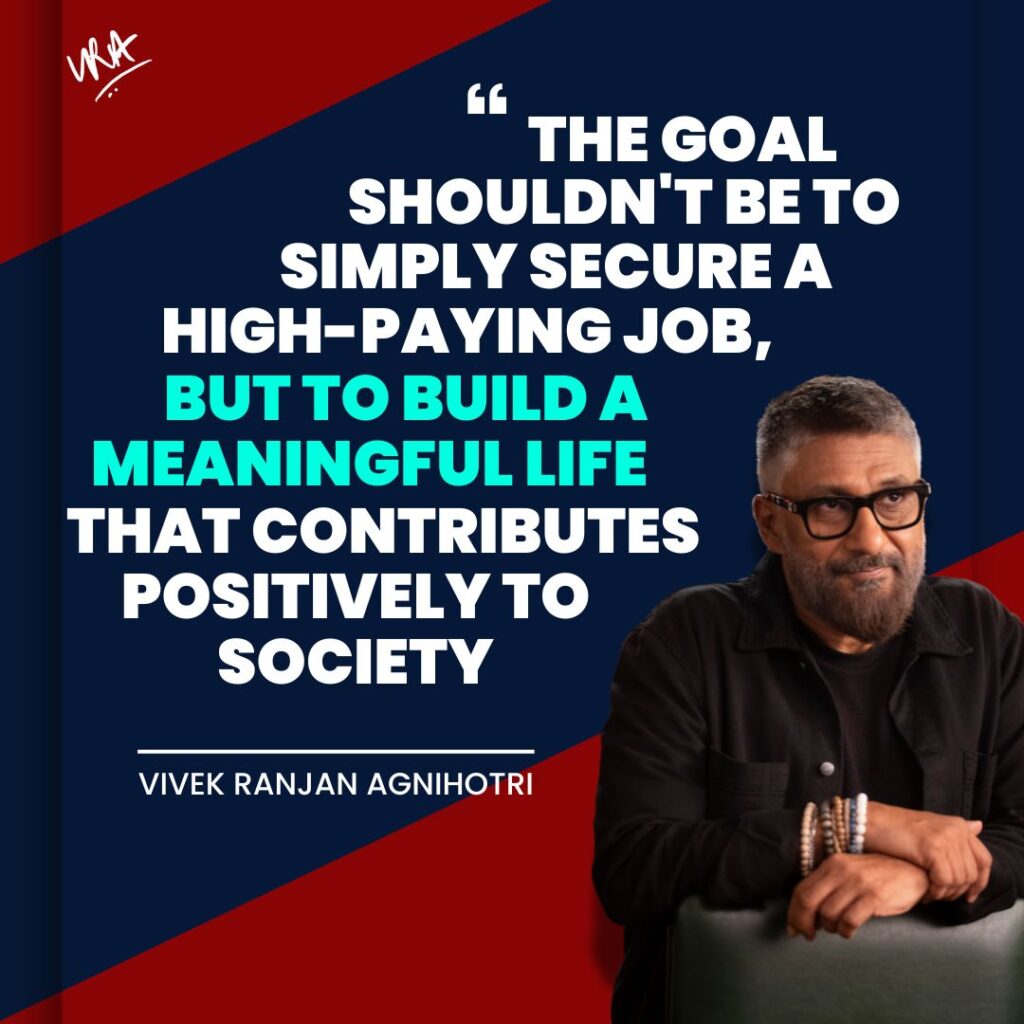

Is College Worth the Mental Health Cost?
Don’t be a cog in the machine! Reclaim your education and become a lifelong learner who thrives beyond the classroom.
Let’s look into the complexities of the education system and explore ways to empower students to thrive, not just survive. We’ll tackle the mounting pressure around college admissions and the urgent need for a more holistic approach to education, which has been proven to foster creativity, critical thinking, and a love of learning.

The Education System: Factory or Launchpad?
Our current education system often resembles a factory, churning out ‘skilled labor’ designed to seamlessly integrate into the workforce. While ensuring a baseline of competency, this emphasis on standardization fails to nurture the creativity and critical thinking needed for true innovation. The world thrives on individuals who dare to ‘think outside the box’ and disrupt established norms. Think of innovators like Steve Jobs, Elon Musk, or Greta Thunberg. Where is the curriculum that equips students to be these disruptors?
Redefining the Purpose: Love of Learning, not Just Grades
Imagine college courses that delve into the art of living, equipping students with tools to navigate life’s complexities beyond textbook knowledge. Learning shouldn’t be confined to classrooms. A student passionate about travel could embark on a cross-country exploration, documenting cultural nuances and societal shifts. This immersive experience, if recognized as a legitimate learning project, becomes far more impactful than rote memorization of facts.
The Never-Ending Pursuit of Knowledge
True education should foster a lifelong love of learning. The ideal answer to “How was your day?” shouldn’t be a blank stare. The perfect answer would be, “I learned more than yesterday.” This internal drive to constantly expand one’s knowledge base about the world and oneself is the cornerstone of personal and societal progress.

Breaking Free from the Mould: Education, not Conformity
While freedom of choice is essential, the ultimate goal shouldn’t be mere compliance within the system. Don’t be fooled by the glamour of landing a coveted job at a tech giant. Such positions, while financially secure, often come at the cost of sacrificing personal well-being and fostering strained interpersonal relationships. The education system shouldn’t be about creating a docile workforce; it should empower students to make informed choices about their futures.
The Game of Admissions: Anxiety and the “Right” Path
The college admissions process is often shrouded in anxiety. Standardised tests and perfect GPAs become the holy grail, putting immense pressure on students. We need to recognize that these metrics don’t capture the full potential of a human being. A student might be a coding whiz passionate about music, but these talents wouldn’t be reflected in a traditional application.
Empowering the Student: Understanding the System and Playing Your Way
Don’t fall victim to the system-understand it and play your way. By grasping how the system operates, you can navigate within its boundaries while striving for personal growth. It’s about aligning your ambitions with the system’s requirements. If you possess an entrepreneurial spirit, research colleges with vital business incubation programs. This way, you’re leveraging the system to your advantage, not vice versa. This understanding can empower you, giving you a sense of control and confidence in your educational journey.
Beyond Grades: Developing a Growth Mindset
The current focus on grades often fosters a ‘fixed mindset,’ where intelligence and ability are seen as pre-determined. This perspective can stifle growth and discourage taking risks. However, a ‘growth mindset’ views intelligence as malleable, something that can be developed through effort and perseverance. Universities should encourage students to embrace challenges, learn from mistakes, and celebrate the journey of learning, not just the destination of a perfect GPA. This emphasis on a growth mindset can encourage and motivate students to take risks and learn from their experiences.
Redefining Success: Beyond the Corporate Ladder
Our current definition of success often revolves around prestigious degrees, high-paying jobs, and material possessions. While financial security is essential, it shouldn’t be the sole measure of a fulfilling life. Education should equip students to define success on their own terms – perhaps nurturing artistic talents, pursuing social justice, or building a community-driven business.

Breaking the Mould: Alternative Learning Paths
The “one-size-fits-all” approach to education doesn’t cater to diverse learning styles and aspirations. Universities could offer more flexible learning models, such as online courses, internships, and apprenticeships, to cater to students who thrive outside the traditional classroom setting.
The Power of Mentorship: Building a Support Network
Anxiety thrives in isolation. Students need a network of mentors – teachers, career counselors, industry professionals – who can offer guidance and support. These mentors can help students navigate the complexities of college applications, identify career paths aligned with their passions, and develop strategies to manage academic pressure.
Equipping Students for Life: Life Skills Beyond Textbooks
Modern universities often neglect crucial life skills like financial literacy, communication skills, negotiation techniques, and emotional intelligence. These are the tools needed to navigate the complexities of adult life, from managing budgets to building healthy relationships. By integrating these skills into the curriculum, universities can empower graduates to thrive in their chosen fields and all aspects of life.
The Role of Parents: Breaking the Cycle of Anxiety
Parents understandably want the best for their children, often mirroring the societal pressure on grades and admissions. However, this can exacerbate student anxiety. Parents can play a crucial role in breaking this cycle. By emphasizing the journey of holistic learning over grades, encouraging experimentation and exploration, and fostering open communication about career aspirations, parents can empower their children to take control of their educational journey and reduce anxiety.
Vivek Ranjan Agnihotri’s Advocacy for Educational Reform
Vivek Ranjan Agnihotri has often emphasized the need for an education system that goes beyond traditional success metrics. In his talks and writings, Vivek Agnihotri argues that education should focus on nurturing creativity and critical thinking rather than merely preparing students to enter the workforce. He believes that a holistic approach to teaching that values individual passions and intellectual curiosity is crucial for developing well-rounded, innovative thinkers. Vivek Ranjan Agnihotri’s perspective aligns with the growing call for educational reforms prioritizing personal growth and societal contribution over standardized testing and holistic learning.
Promoting Creative Consciousness in Education
Vivek Agnihotri‘s “creative consciousness” concept is pivotal in rethinking education. He suggests that students should be encouraged to explore their unique talents and interests, fostering a sense of curiosity and innovation. By integrating creative consciousness into the curriculum, educators can help students develop the skills necessary to navigate complex life challenges and contribute meaningfully to society. Vivek Agnihotri advocates for an education system that recognizes and nurtures diverse and holistic learning styles, allowing students to thrive in various fields and pursue their passions with confidence and support.
Conclusion: Building a Future, Not Just a Resume
By reframing education as a holistic journey of self-discovery, we can empower future generations to become innovative thinkers, problem-solvers, and responsible global citizens. The goal shouldn’t be to secure a high-paying job but to build a meaningful life that contributes positively to society. Let’s create a learning environment that encourages intellectual curiosity, fosters personal growth, and celebrates our students’ individual journeys.
Together, We Can Make a Difference
The education system is not static; it can evolve. By advocating for positive change – through open discussions, parent involvement, and innovative teaching methods – we can create a holistic learning environment that empowers students to thrive. How can we create a future where education fosters a love of learning, celebrates individuality, and equips students to become architects of their destinies? Remember, education is not about passively receiving information; it’s about actively shaping a future filled with passion, purpose, and lifelong holistic learning.






